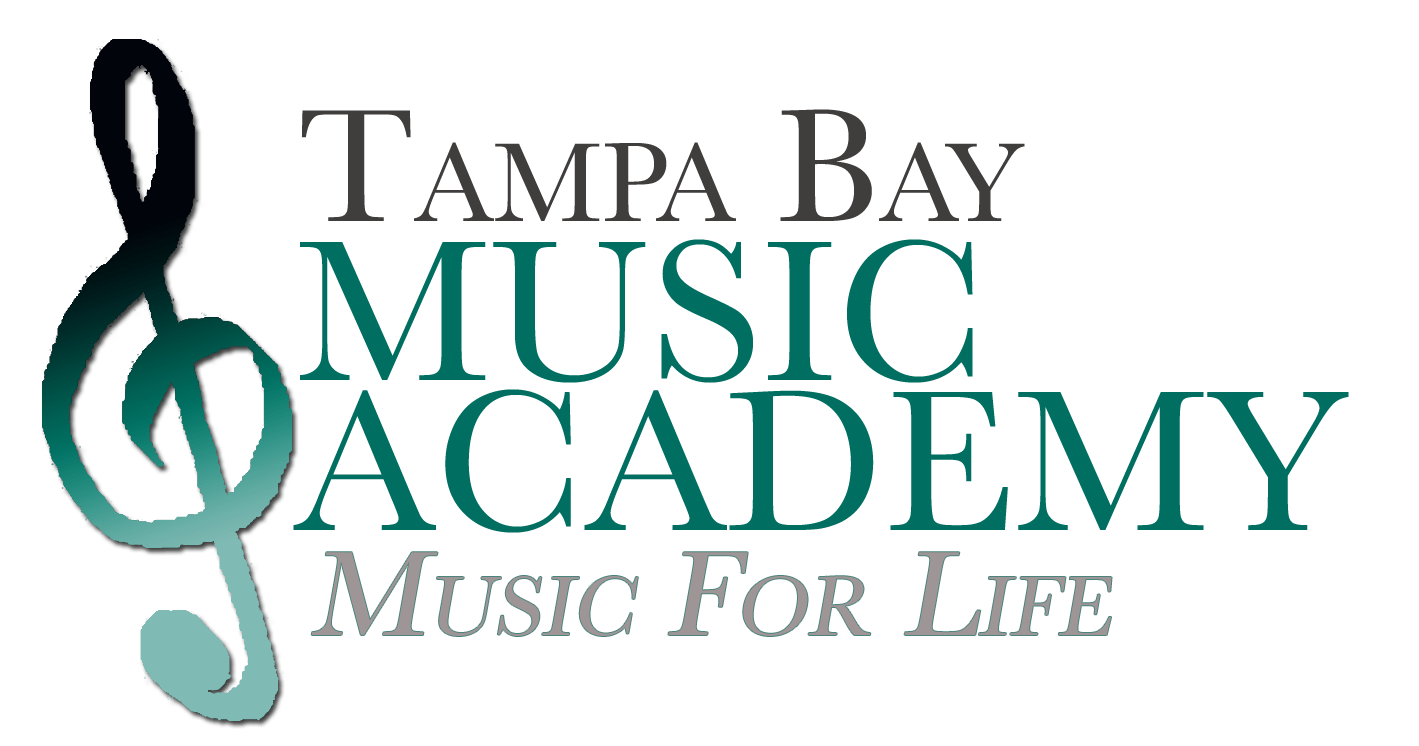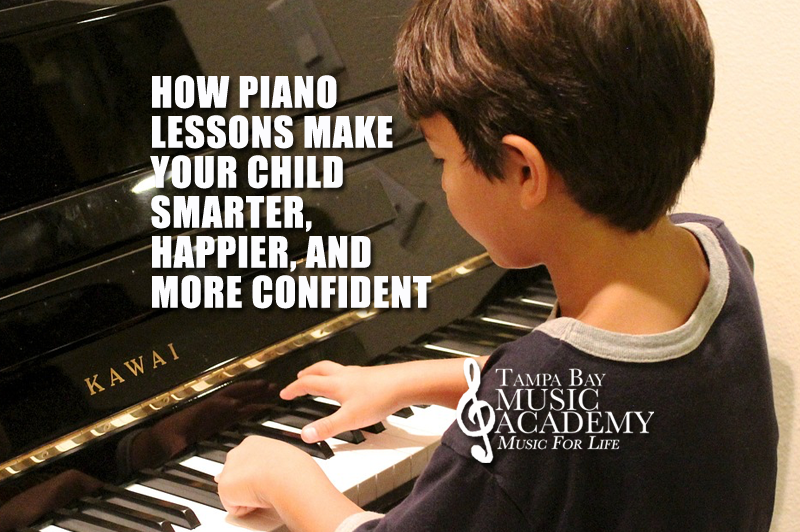When your five- or six-year old goes skipping into her first piano lesson, most parents aren’t thinking much beyond whether she will like her teacher and whether she will have a good time. A few of us may have long-term goals in mind like future musical opportunities or even improved math skills.
But did you know that piano lessons can also make your son or daughter a better student, friend, and future employee?
It’s true—and here are six reasons why.
- Piano lessons improve academic performance.
Many people already know that music lessons have been linked to better math scores, but did you know that music education can also improve reading proficiency, IQ, pattern recognition, and language ability? Learning music stimulates many parts of the brain and offers residual benefits long past the actual lessons themselves. - When you play the piano, you can pick up other instruments more easily. Say your child wants to play the saxophone or violin. Piano lessons provide a solid musical foundation so that he or she will already know how to read music, understand key signatures, and hear how the melody fits into the overall texture of the piece.
- Pianists learn to manage nerves early. Walking on stage for your first recital feels a lot like walking into a job interview or standing up in class for a presentation. Stage fright never really goes away, but you can learn to control it so it doesn’t throw the performance. And that comes in really handy when you’re talking to a prospective employer.
- Musicians know how to handle disappointment. Disappointment is part of life, and pianists get acquainted with it early. No one wins every competition or plays every recital piece perfectly. A good teacher will help students learn to rebound and keep a positive outlook, even when things don’t go as expected.
- Music provides opportunities for social interaction. Most musicians will tell you that their closest friends were people in their musical groups or people who were involved in similar musical activities. Music events, recitals, competitions, and classes give students plenty of opportunities to interact with others who enjoy the same things they do.
- Piano lessons help students develop their “ear.” A musician’s “ear” refers to his or her ability to hear and understand musical harmonies and intonation. Pianists learn to differentiate sounds, identify what notes and chords sound good together, and explore different ways to combine harmonies to produce an effect. When you start piano lessons early, that “ear” becomes second nature, and it’s useful in speech pattern recognition as well as many musical applications.
Forbes reports dramatically that piano lessons make kids smarter. We agree, and we also concur with the final conclusion of the article: the earlier you start, the more benefits you’ll receive. Adults can boost their brainpower too, but the most significant effects for brain development happen when we’re young.
Maybe the Rennaissance school of thought had it right after all. Education is more than math, science, language, and technology. A solid foundation in the arts makes us better contributors in every area of society.
Ready to begin your child’s musical education? Call TBMA to schedule your free trial lesson!

